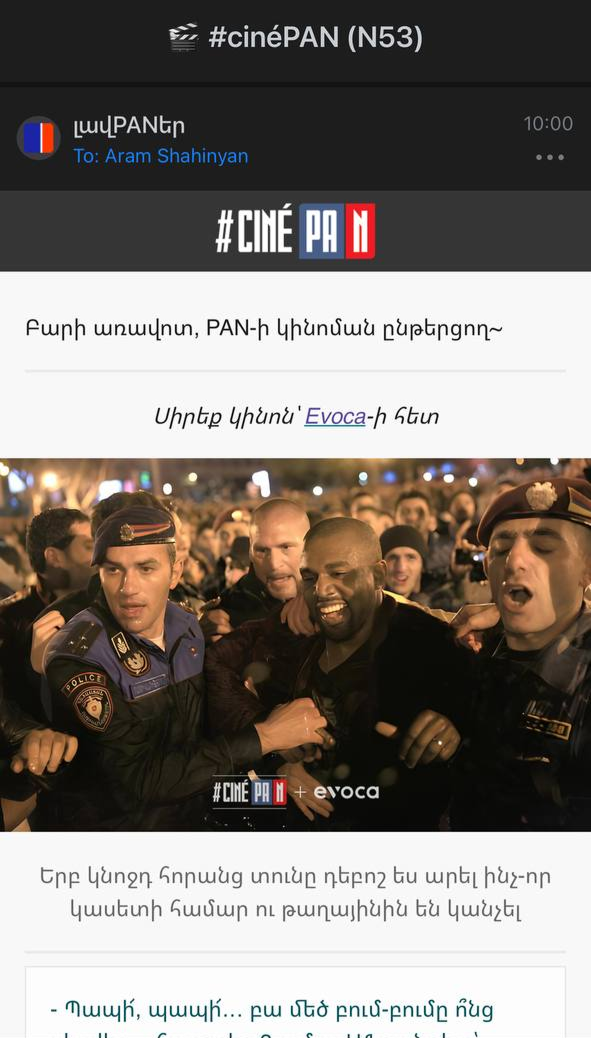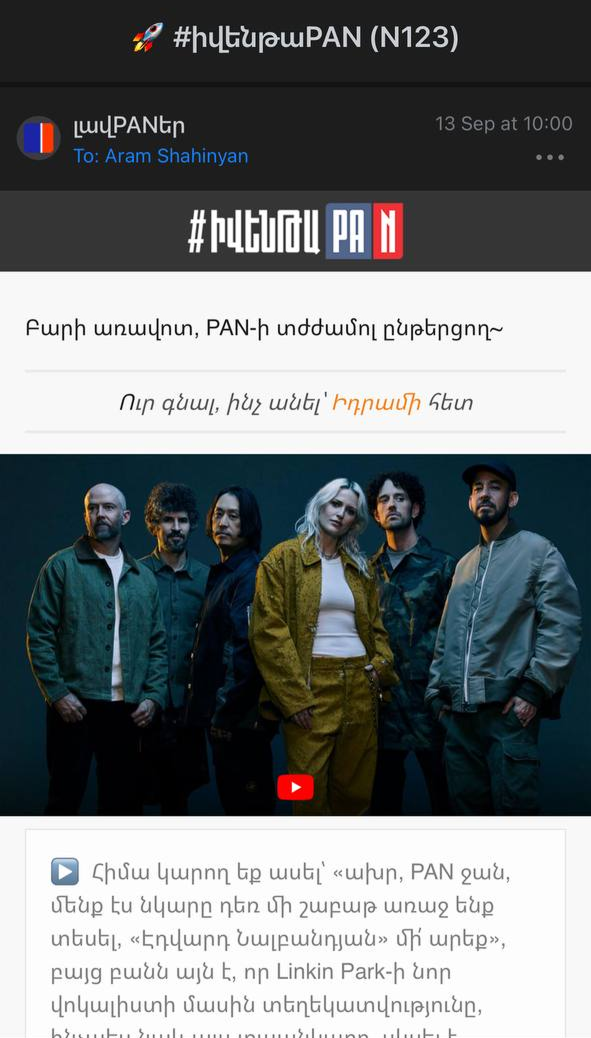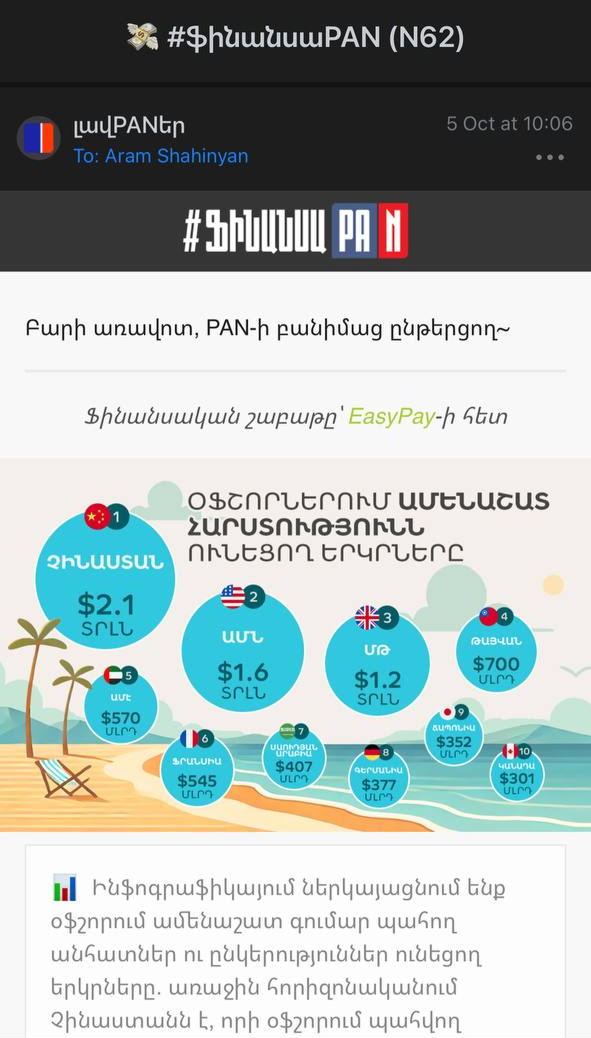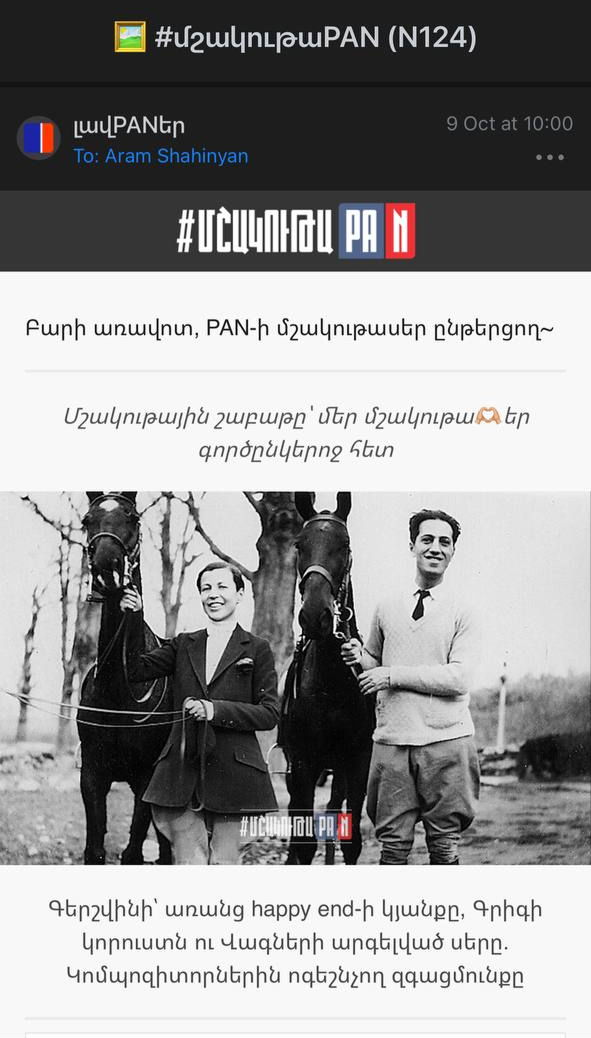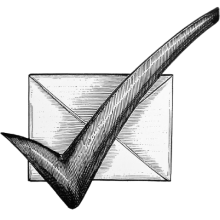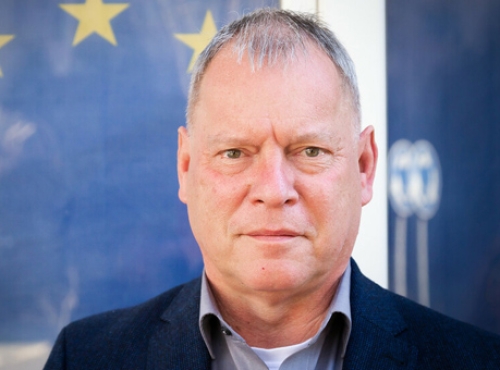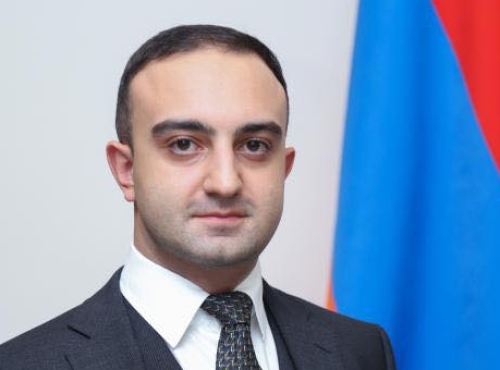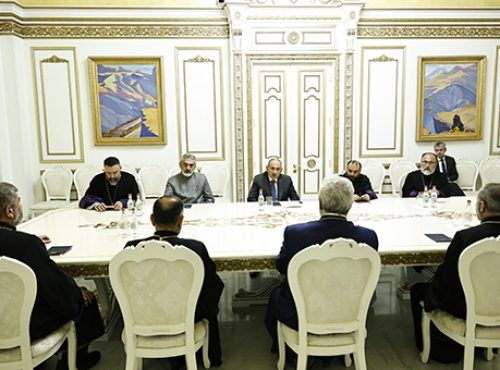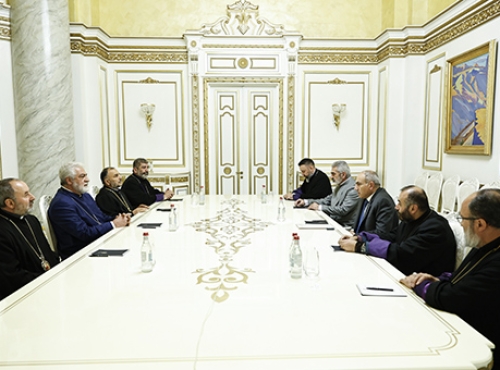The head of the EU mission in Armenia, Markus Ritter, commented on the decision to extend the mission's mandate until 2027, emphasizing that this reflects the mission's significance for stability in the South Caucasus and Armenia's security.
Ritter noted that since February 2023, when the mission began its operations, the number of incidents on the Armenian-Azerbaijani border has significantly decreased, according to Armenpress.
“It is evident that since our (EU Monitoring Mission in Armenia) arrival on February 23, 2023, the number of incidents along the border and the line of control between Azerbaijan and Armenia has significantly decreased. I am convinced that this is partly due to our presence, our patrolling along the border, and our overall influence in reducing incidents. Not only us but also the political climate and negotiations between Azerbaijan and Armenia contribute to this decline. I am confident that our presence supports this broader process,” Ritter stated.
Markus Ritter dismissed Azerbaijan's claims that the EU mission conducts intelligence operations and obstructs the peace process, stressing that the mission operates with full transparency.
“As for the accusations of intelligence activities, these have been around since day one of our presence here. But we have done nothing different from what we are doing now. We never change our approach. We conduct open patrols along the border and the line of control. Whenever we are at a location along the border, we always position ourselves so that both sides can see we are there. Everything we do is fully visible,” he explained.
Ritter noted that the mission’s presence prevents any side from taking unilateral actions along the border without international oversight.
Regarding Azerbaijani President Ilham Aliyev's demand for the EU mission’s withdrawal from the Armenian-Azerbaijani border, Ritter said that Armenian Prime Minister Nikol Pashinyan had proposed pulling back observers from already demarcated sections of the border.
“This is not about removing us from the border but rather about the fact that in border areas that have been agreed upon, demarcated, and clearly defined, there is no longer a need for us to be physically present. We have no problem with not being in border zones anymore, but this does not mean we will stop visiting villages and farms to engage with people living near the border,” he said.
According to Ritter, the situation at the border is relatively calm, though both sides continue to fortify their positions.
“What our patrols observe and report is that the situation at the border is quite calm. At the moment, there are no incidents. However, we also see and report that both sides are strengthening their positions. It is clear that both sides are preparing for potential escalations,” he stated.
Ritter emphasized that during the second mandate, the EU mission will continue its work in the same format—patrolling the border, preparing reports, and supporting conflict-affected populations.
“Since last December, we have visited schools in border villages to talk with children and students, explaining who we are, what we do, what the European Union is, and what it represents. We want to expand this initiative,” he added.









